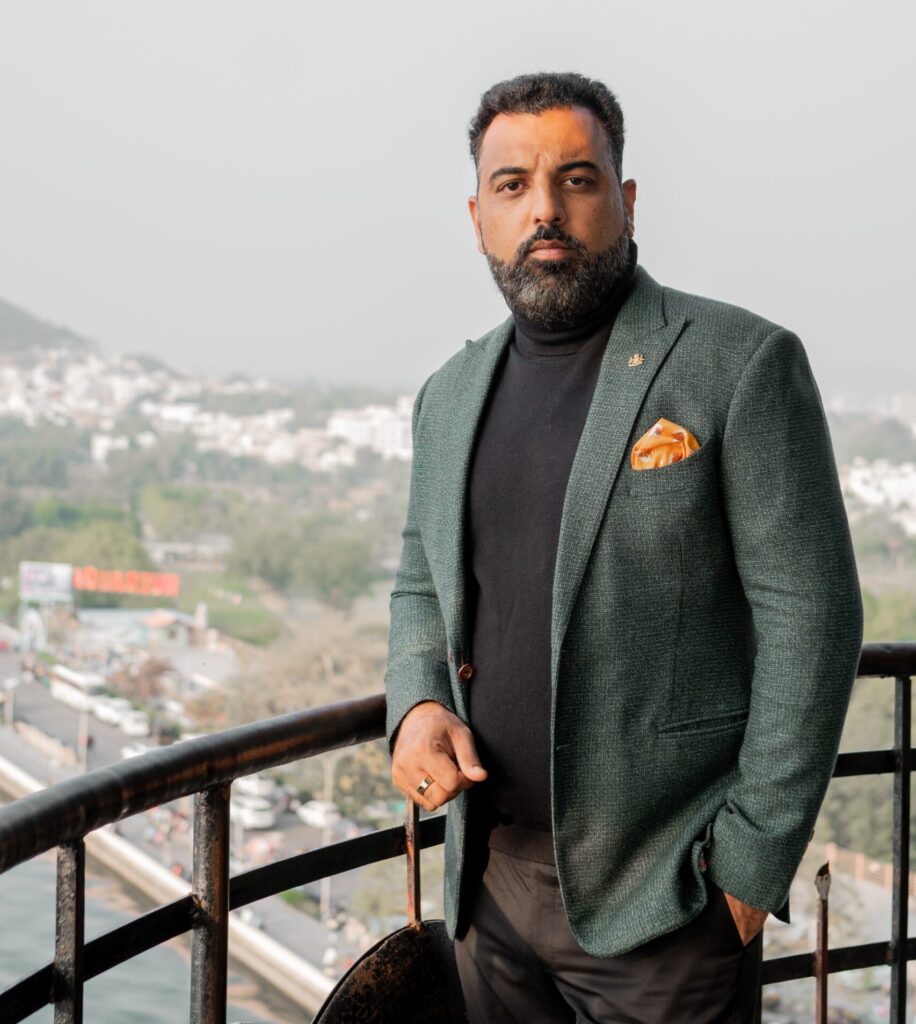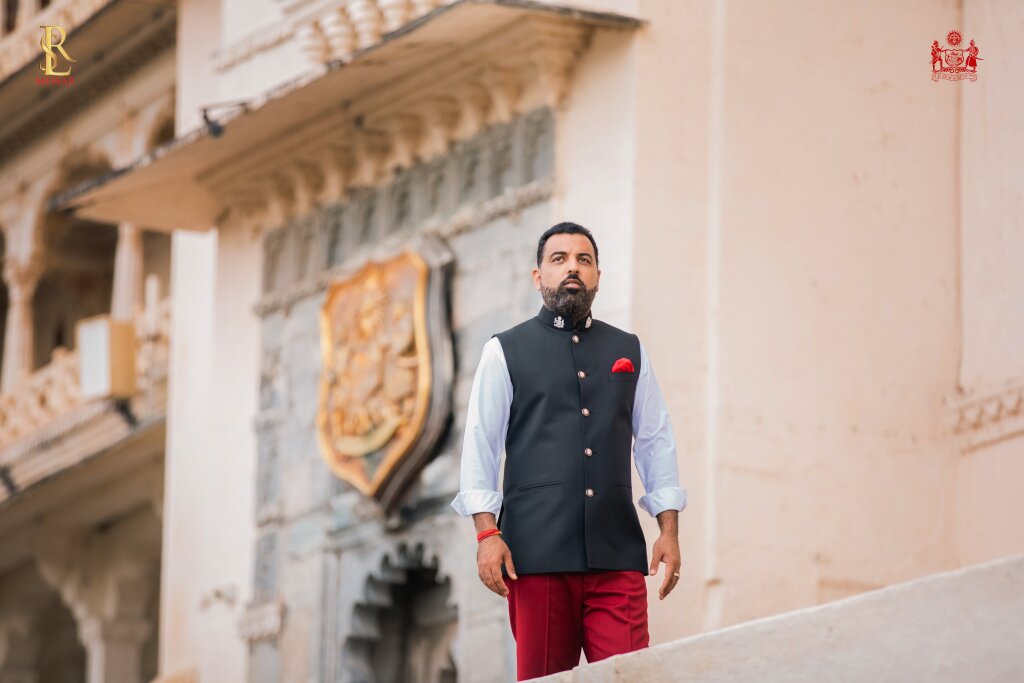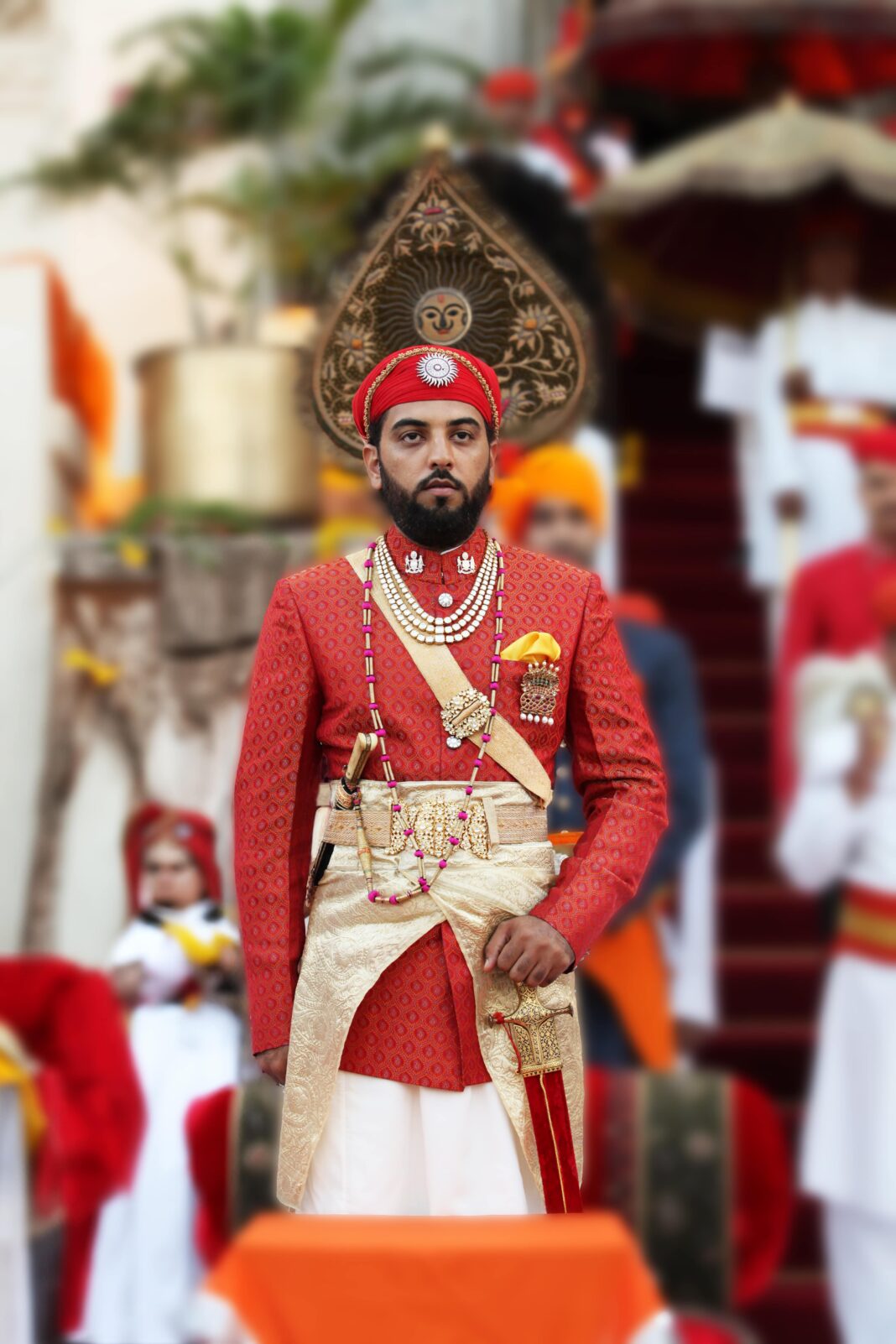Driven by the motto, “greatest good of the greatest number”, Dr Lakshyaraj Singh Mewar is a seven times Guinness World Record Holder for donations of school supplies, distribution of personal hygiene products, hunger relief packages, planting 4035 saplings in less than a minute, to name a few. Belonging to the royal family of Udaipur, he has been instrumental in conserving heritage sites like Bappa Rawal, Maharana Pratap and Maharana Sangha. His life is a testimony that a single person can indeed make a lot of difference and wear multiple hats. He shares a glimpse into his work, love for sports and the desire to break down stereotypes in an exclusive interview with La Polo. Edited excerpts.
- Tell us about your connection with Polo.
I like my feet on the ground. I am more of a cricket person, though I have been around polo for many years since my father was a polo player and my brother-in-law was on the Indian World Cup team twice. Personally, my hobbies are radio-controlled flying, aeromodelling and table tennis.
2. Can you share some memorable moments of your dad’s or brother-in-law’s victory on the polo ground?
Dad, unfortunately, not in terms of him playing. I had to fill his shoes in Cambridge to be able to go for a polo match where the Mewar Cup still takes place today, which is fantastic. Seeing the team win and play has always been wonderful. I used to think a cricket match would have more enthusiasm, but the excitement was no less when I went to polo matches. It was a bonus when my dad’s team won, and my brother-in-law’s team played in it.
3. You have a passion for cars and bikes. Which is your favourite?
There is this lovely Jeep by Mahindra called Mahindra Major that came up about 25-26 years ago. So, that was one of the cars close to my heart. I just got it restored; it’s back to its pristine condition. That is the car I first did a lot of off-road driving on.

4. You’re a seven-time Guinness Book of World Records holder since you planted 21,058 trees in 40 minutes. What inspired you to do that?
People who were passionate about what we were doing, about Mother Nature, taking care of things and doing things for society. So, ultimately, it converted into a record for a cause. The idea was not to make a Guinness record, but destiny had something else in mind. There is a formula called the GGGN, which stands for the “greatest good for the greatest number”. It should be for the greatest good whatever you do in life, like the upliftment of society, business, personal life, or love. And once you achieve that, greed should kick in. And the greed should be that it should reach the maximum amount of people.
5. Being a TED speaker, what kind of audience did you address, and has someone come up to you after the talk?
A class 11 kid once decided to approach me and said he was going to commit suicide. He said, “Sir, my life is there because of you. If I hadn’t heard some of those lines, I would have been in front of a railway track.” This made me feel emotional, and I felt that I was on the right path, even if I could save one life. I think one of my most prestigious talks, as far as TED was concerned, was at IIM, Ahmedabad, which was brilliant and daunting due to the crowd being from such a prestigious university. But things went smoothly since I don’t think communication is restricted to language only. Communication involves the entire vibe, and the energy should be positive.
6. Do you think your connection with people was one of the reasons you became a hotelier?
To be honest, I was the kind of person looking for a corner in a round room. If someone came to talk to me, I would feel like the earth would burst. By the grace of God, if I can say so for myself and not sound snobbish and pompous, I was not too bad in observing skills. So, that thing rang a bell. And when people start responding to things, everything in that environment becomes calmer.

7. What is your take on Polo in India? From the perspective of your family hosting the Mewar Cup.
The sport has been perceived to be for the rich, for the royalty. I think that’s a stigma. I don’t think that’s the case now; the doors are opening up slowly. I believe that each sport has its challenges; what one can do is take things more head-on. Like each sport, polo also brings its values and strengths to the table. To the individual, to people, to teams, to camaraderie, to others.
When matches here in Jaipur or Jodhpur take place, look at the number of people that turn up. But there is always the need for patronage. So, I think what we would request is for patrons to come forward and support the cause and the talent.
8. What was your reaction to India winning the first gold in Equestrian Dressage at the Asian Games?
I think it is fantastic; it’s important to be consistent and not hang up the boots when things get tough. This should open up more avenues for other riders, and I feel more patrons should come forward and make the sport reach greater heights. I believe helping a sport that is not that successful shows true patronage. There is still a stigma regarding polo and equestrian sports, which many people believe are sports of privilege. But in the earlier days, many Mahajaras were patrons of the sport who pushed talent forward. One Maharaja could not play the sport by himself; an array of people were given patronage to enjoy the sport.


